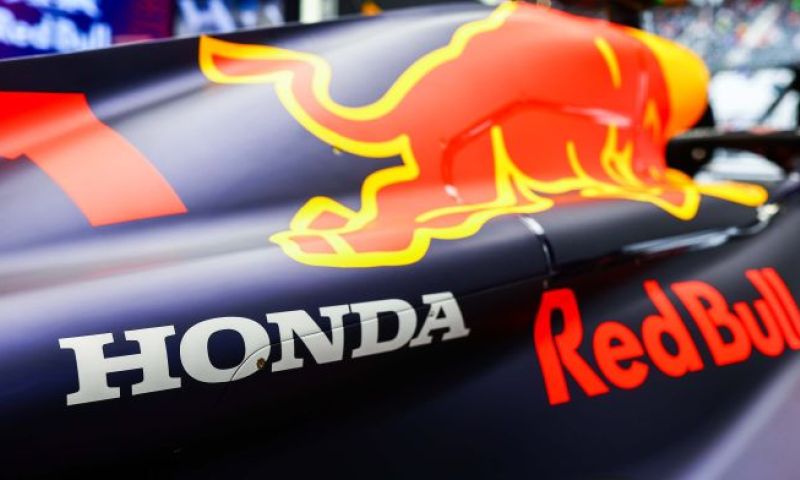F1 News

How Ford signals the end of Honda in F1
- GPblog.com
It seemed like just another sentence between the lines: "We wish Honda all the best for 2026," Christian Horner said, after his team Red Bull Racing and Ford announced their partnership in New York on Friday, thus ending their marriage with the Japanese manufacturer once and for all. Eight simple words, with huge consequences. Indeed, they seem to herald the end of Honda in Formula 1.
Moments before, there had been purely happy faces at Red Bull. Horner was euphoric about the partnership with Ford and spoke of the "natural synergy" that both brands felt with each other from the start. Sentences to a similar effect were also uttered by Horner a few years ago, only then Ford was called Honda. And indeed, the partnership with Honda was a success, resulting in two drivers' titles and a constructors' championship.
'Just' a Honda
Nevertheless, the marriage between Red Bull and Honda will soon be over. Both parties are already living separately from each other, to draw a comparison with a marriage between two people. One of the partners has even already taken the maiden name again, even though the two are still linked. Indeed, until 2025, Red Bull and Honda are working together on the Red Bull Powertrains, basically 'just' a Honda power unit.
Would they never have knocked themselves silly in Japan when they said goodbye to Formula 1 at the end of 2021 and let Red Bull use the engines under its own brand name? It had gone so well, more than that even. Honda was back at the top of motorsport. Only, the Japanese didn't reap the benefits of that themselves, being fairly invisible on the cars of Max Verstappen and Sergio Perez.
Hitching a ride on success
It was not surprising that Honda intensified its cooperation with Red Bull (and AlphaTauri) in the course of 2022, at least to get a piece of the pie. The Honda name therefore featured prominently on the teams' bolides. Apparently made hungry again by the success, a letter of intent was sent to the FIA to be one of the engine suppliers in F1 from 2026.
The signals were clear: Honda was seriously considering a return to Formula 1. Yet after Ford and Red Bull's announcement, it is unlikely to actually make a comeback. After all, where can Honda go? Alpine, Mercedes, Ferrari, Red Bull, AlphaTauri, Audi (now Alfa Romeo/Sauber) and Andretti-Cadillac obviously drop out immediately. Remaining are McLaren, Haas, Aston Martin and Williams.
What are the alternatives?
McLaren and Honda last worked together between 2015 and 2017, and that was not a success to say the least. Both McLaren's car designs and Honda's power units were of inferior quality, making the team the laughing stock of the paddock. Trying again together in 2026 seems illogical, as it was revealed after the separation that synergy - the word Christian Horner is so fond of using - was anything but.
Aston Martin is partly owned by Mercedes-AMG Petronas Motorsport and its boss Toto Wolff. Aston Martin-Honda. Besides, that sounds a bit strange: why would one brand link up with another, if Aston Martin is almost a Mercedes 'B-Team'? So that leaves Haas and Williams, currently backmarker teams and nothing suggests that status is changing any time soon.
Nothing to gain
Of course, Honda could join forces with Haas or Williams (or a new team). But there is nothing for the proud Japanese to gain (literally and figuratively) from an alliance with such teams. The Honda power unit can be as powerful as it is, if Williams and Haas do not have the people or resources to build a strong chassis, it mainly results in image damage and irritation at Honda.
An additional problem is that Honda has virtually dismantled its own factory after breaking off its partnership with Red Bull. The best people have left, so replacements need to be found first. To be on the grid with a competitive power unit in 2026, it is actually too late to find them now. Provided they are available at all.
In fact, the Red Bull route was the only one that could keep Honda in Formula 1. That route has now been cut off and with it the following conclusion seems justified: Honda has cut itself in half and will have to pay for it with a place on the sidelines from 2026.

